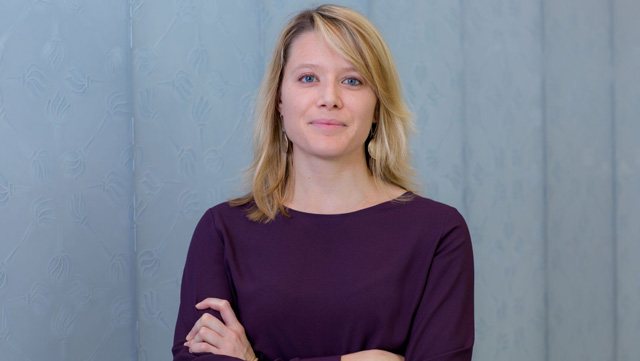In 1981, Mauritania was the last country to abolish slavery. Still, the practice was only finally criminalized in 2007. Indeed, today modern slavery in Mauritania is more prevalent than in any other country on earth. The World Policy Journal interviewed Erin Pettigrew, a professor of history and Arab crossroads studies at NYU Abu Dhabi, regarding the nature and evolution of slavery in Mauritania, as well as the future of the modern abolition movement.
“WORLD POLICY JOURNAL: What does modern slavery in Mauritania look like in terms of its economic and social structures? How does it compare to historical slavery?
ERIN PETTIGREW: This is one of the biggest and most difficult questions. When people hear the word “slavery,” especially in an American context, they attach a very black-and-white (both metaphorically and racially) meaning to the term. In the American context, people understand slavery to be about big plantations and a form of chattel slavery that existed in North and South America. But in Mauritania and West Africa, and across the African continent, there are multiple forms of slavery, and it isn’t as simple as the racial dichotomy people have in mind. Today, what people call slavery depends a lot on who you are talking to. Generally, in Mauritania, what I would describe as slavery isn’t something most of us could easily identify as chattel slavery, in which a person is physically purchased, as happened in the Americas.”







Freedom United is interested in hearing from our community and welcomes relevant, informed comments, advice, and insights that advance the conversation around our campaigns and advocacy. We value inclusivity and respect within our community. To be approved, your comments should be civil.